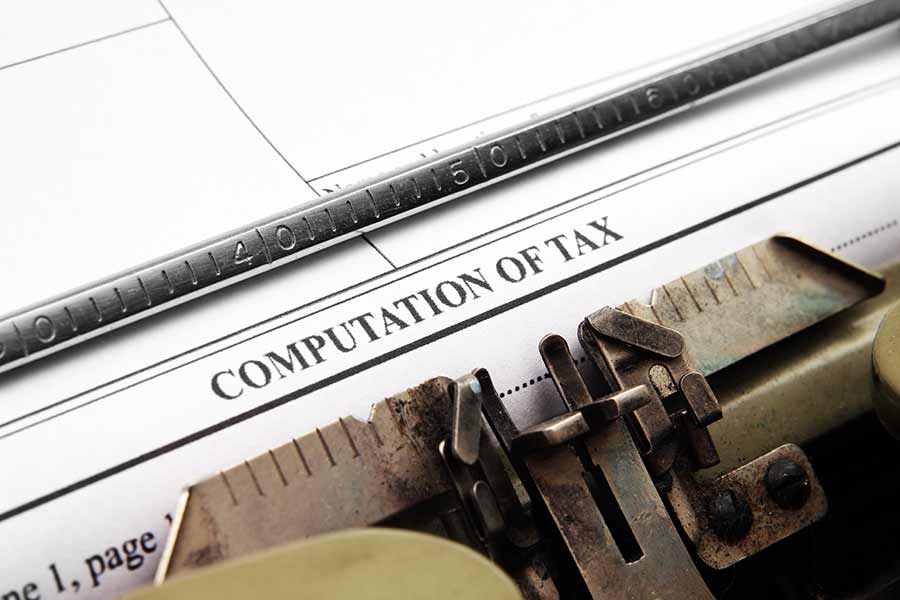President Obama’s proposed budget for 2014 is projected to boost revenues and reduce the federal budget deficit by $1.8 trillion over the next decade. The budget plan includes significant cuts to key federal programs, including Medicare and Social Security, but it also features several new tax measures. The proposals, which are expected to bring in more than $800 billion in revenue alone, primarily affect the wealthy but a new study suggests that some middle-class workers will also see an increase in their tax bill.
Tax Hikes Target Highest Earners
According to a nonpartisan analysis by the Tax Policy Center, approximately 60 percent of the estimated $800 billion that would be generated by the tax increases would come from the top one percent of taxpayers. This is largely due to several key proposals in the budget plan, including a 30 percent minimum tax rate for those making more than $1 million annually and a proposed a 28 percent limit on “above the line” and itemized deductions for those making more than $200,000.
By 2023, the Tax Policy Center estimates that approximately 98% of households earning more than $200,000 will be paying significantly more in taxes. Specifically, those making between $500,000 and $1 million would see an increase of $11,504 more in taxes by 2023. Those making over $1 million annually would see an even bigger jump in their tax bill, to the tune of about $85,000. The plan would also remove another potential tax break by limiting lifetime contributions to tax-favored retirement accounts to $3 million.
What the Middle Class Can Expect
While the majority of the new tax revenue will come from the wealthy, households making less than $200,000 would still account for about 15 percent of the increase. Part of the tax hike is due to an increase in the tobacco tax, which would affect taxpayers at all income levels but the biggest impact would come as a result of the way inflation is calculated. Under the existing guidelines, adjustments in income tax brackets are tied to the headline inflation measure.
The President has proposed utilizing a different measure, called the chained consumer price index. Effectively, this means that taxpayers would be bumped into higher income brackets and face tax increases at a rate that outpaces wage adjustments for inflation. According to the Tax Policy Center, this would generate about $100 billion in revenue over the next ten years, with households earning less than $100,000 paying about $200 more in taxes by 2023. Those earning between $100,000 and $250,000 would have to fork over close to $400 more. While this is significantly less than what wealthy taxpayers can expect to pay, critics have been quick to point out that any increase at all effectively violates the President’s earlier pledge to avoid raising taxes on those making less than $200,000 per year.
Tax Breaks for Small Business, Students
While the proposed tax increases have garnered the most headlines, Obama’s budget plan does include some new tax breaks and extensions of existing credits. For example, the $2,500 American Opportunity tax credit for undergraduate students would become permanent. The budget would also include a new 10 percent tax credit for small businesses that hire new employees or raise wages and a tax break for individuals or businesses who invest in high-poverty communities. Another new tax credit would also be available as an incentive for employers to offer retirement savings plans to employees.
President Obama’s budget proposal joins those offered up by the House of Representatives and the Senate. Assuming a budget resolution is reached this year, it may look nothing like those currently on the table. What does seem certain is that key changes to the tax code are up for discussion, although it remains to be seen how they’ll affect taxpayers in the long run.



Leave a Reply
You must be logged in to post a comment.